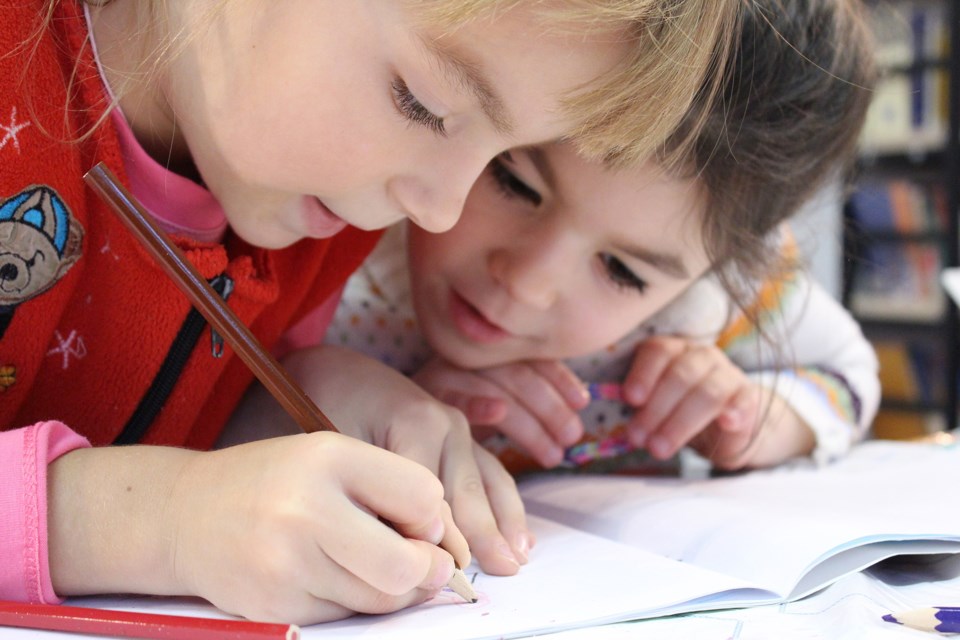Sea to Sky students from Grades 4 to 7 are, on average, doing better than students in С����Ƶ, but there remain significant numbers of children who are classified as having "low well-being."
"After school activities, we're doing great; adult relationships, we're doing well; peer relationships, also about the norm; and nutrition and sleep, we're doing okay — slightly better than the other districts," said Phillip Clarke, director of instruction.
These were some of the findings of the Middle Years Development Instrument, a UС����Ƶ survey that asked children questions on their physical health, connections to the school community, as well as their social and emotional development.
Researchers created a well-being scale by asking students questions related to their optimism, self-esteem, happiness, absence of sadness and general health.
Students were then divided into categories labelled as "thriving," having "medium to high well-being," or having "low well-being."
Those with low well-being reported negative responses on at least one measure of well-being.
Thirty per cent of local Grade 4 students were classified as having low well-being, compared with the 33 per cent of children provincewide.
Twenty-two per cent were determined to have medium to high levels of well-being, while 25 per cent was the provincial average.
Fourty-eight per cent of local students reported they were thriving, which meant they gave positive responses on at least four out of five measures of well-being. The provincewide average for thriving students was 42 per cent.
For local Grade 7 students, 29 per cent were classified as having low well-being; 26 per cent medium to high well-being; and 45 per cent thriving.
The provincewide averages were 35 per cent, 27 per cent and 38 per cent, respectively.
In addition to the well-being index, there were many other questions asking students about their lives.
For Grade 4 students, some of these included how often students liked the way they looked (68 per cent of students said "always" or "often"); how they rated their body weight (72 per cent said "about the right weight"); whether there were two or more adults at school who thought they were important (76 per cent said yes); and whether they were bullied (four per cent said they were bullied physically many times a week.)
��




